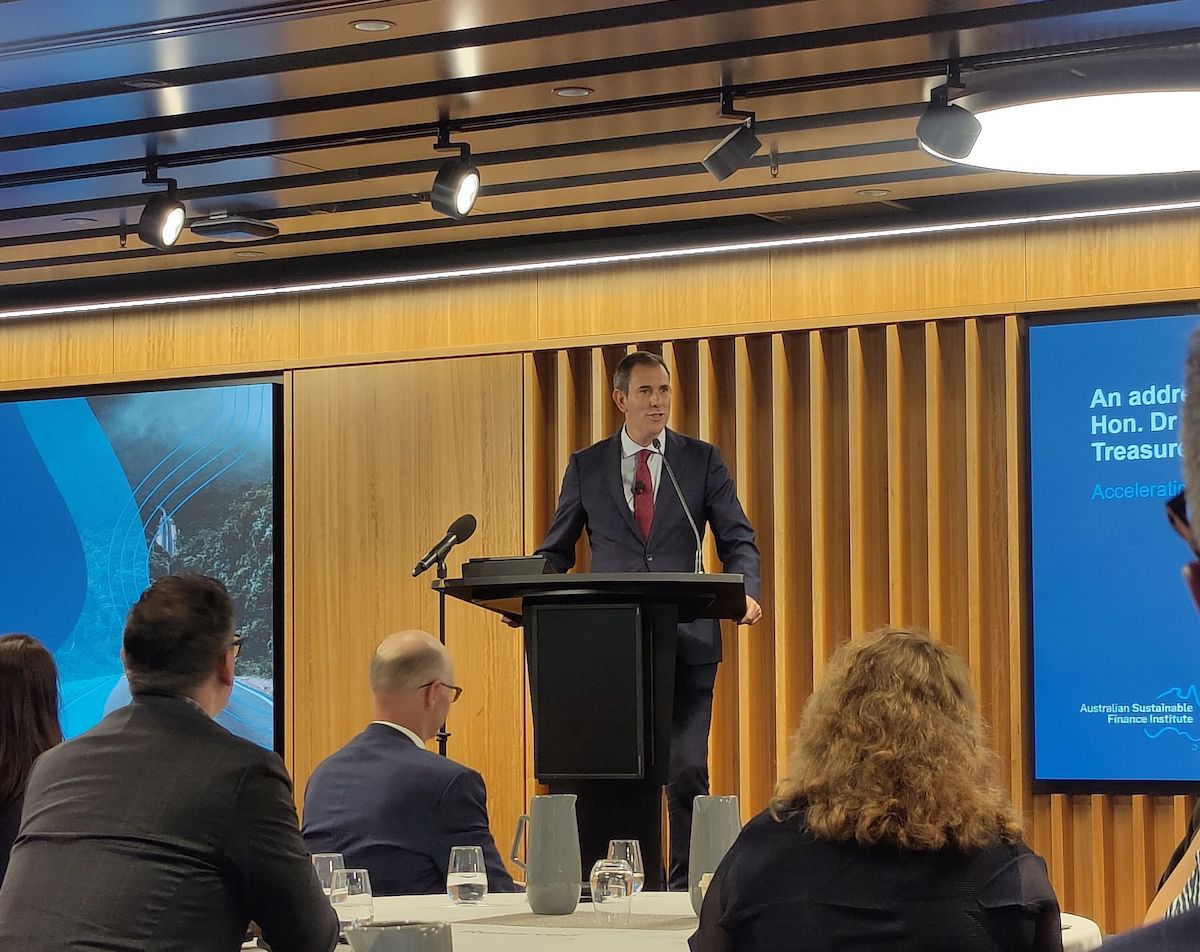Australia will take another important step towards adopting a uniform climate risk disclosure framework as Treasurer Jim Chalmers releases a consultation paper today.
The move will help to combat greenwashing, with companies facing increased scrutiny on their sustainability claims and commitments to net zero.
“This internationally-aligned framework will provide business and investors with the clarity and certainty they need to manage climate risks and invest in new opportunities.” said a joint release from the Treasurer’s office.
“It will ensure large business and financial institutions are providing more information and greater transparency on how they are responding to climate change and supporting the transition to net zero.”
A consistent, and mandatory, disclosure regime is a vital first step in accelerating the decarbonisation of our economy. It provides important incentives for producers to measure and manage their emissions, but it also allows investors to make more informed decisions about the future prospects of potential investments.
“Responsible Investors will welcome the Government’s national sustainable finance agenda, which will finally bring Australia in line with other countries — such as the UK — by supporting the finance sector to contribute to the nation’s prosperity.” says Simon O’Connor, CEO of RIAA.
“Overall, the Treasurer’s announcement is recognition that investors will play a key role in setting the agenda for change across corporate Australia — and a move that the RIAA has been championing for years.”
Australia is playing catch-up. Major trade partners like the UK and New Zealand have already made moves, and it’s important to put policy in place to stay competitive.
“High quality, standardised, and reliable climate disclosures will help Australian companies attract investment from global capital markets.” says Erwin Jackson, Director of Policy at the Investor Group on Climate Change.
“Mandated and auditable climate reporting protects investors and consumers against greenwashing in the same way that financial statements help protect against fraud.”

